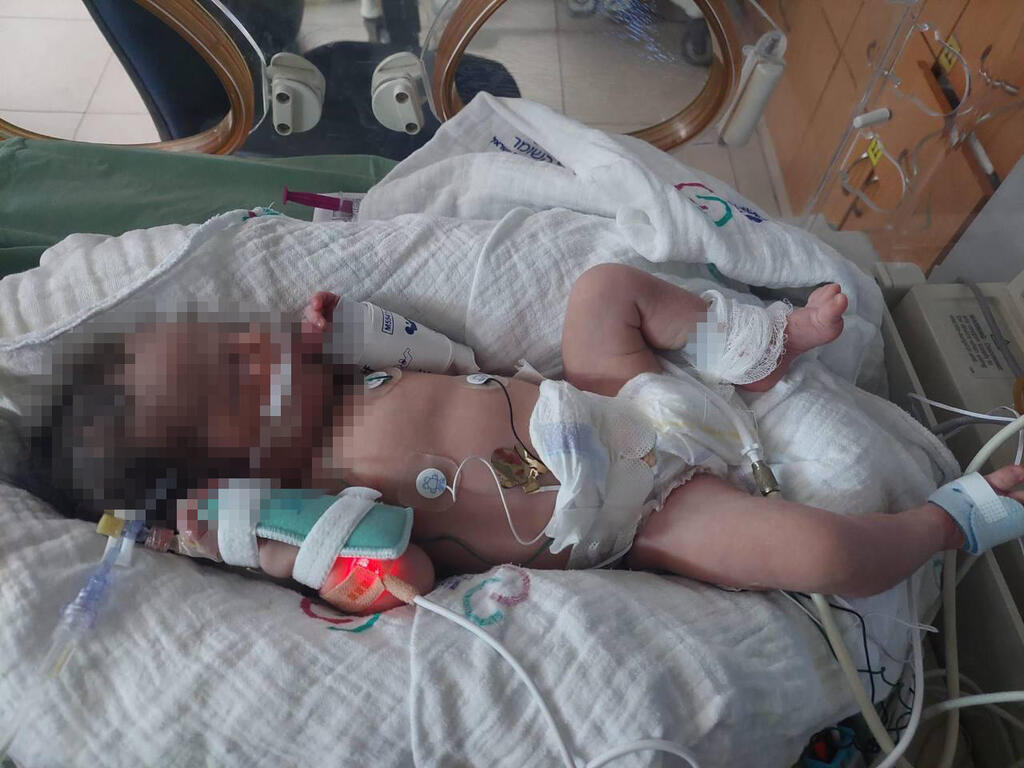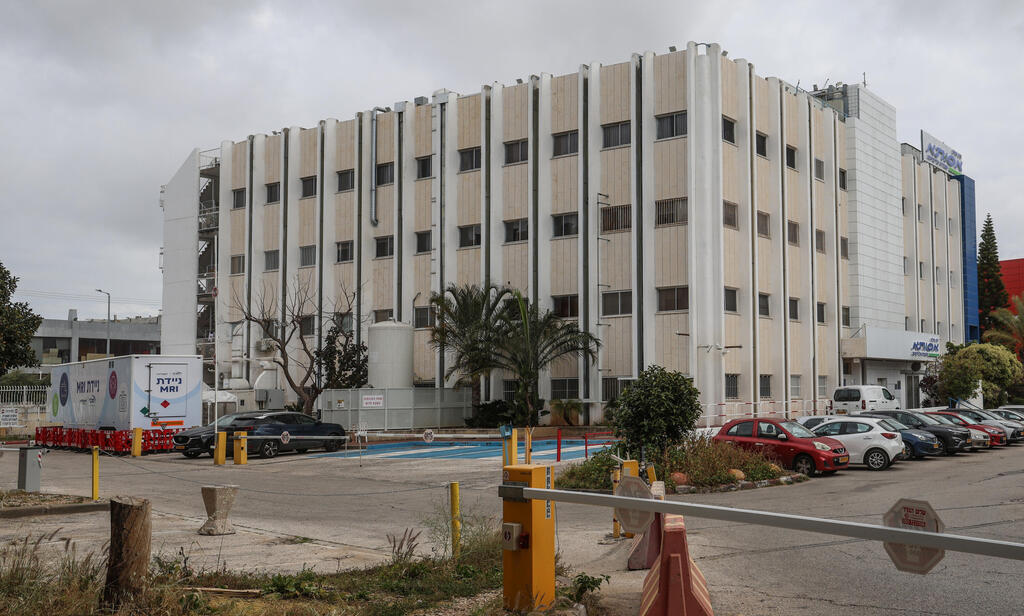Getting your Trinity Audio player ready...
In a landmark ruling, a family court on Sunday ordered that a 2-year-old girl be removed from the family that has raised her since birth and placed with her biological parents following a high-profile mix-up at an Israeli IVF clinic.
The child, Sophia, born in October 2022, was the result of a mistake at the Assuta Medical Center in Rishon Lezion, where the wrong embryo was implanted in a woman undergoing fertility treatment.
The case began in September 2022 when a genetic test revealed that a woman undergoing IVF was carrying an embryo unrelated to her or her partner.
Before the child’s birth, an investigative team at Assuta initially identified another patient as the likely genetic mother. However, legal proceedings later confirmed that she had no genetic link to the baby.
The investigation found that the mix-up likely occurred during the embryo transfer process, when two patients were scheduled back-to-back. As a result, embryos intended for one woman were mistakenly implanted in another.
Judge Udi Elias reviewed two expert opinions on the matter—one recommending Sophia remain with her current guardians and the other advising her transfer to her biological parents. The judge adopted the latter, citing a report by psychologist Dr. Daniel Gottlieb, who argued that the benefits of Sophia living with her biological family outweighed the harm caused by separation from her current caretakers.
“The advantages of living with her genetic parents include building her future identity, connecting with her biological lineage, shared family narrative, physiological similarities and full sibling relationships,” wrote Elias. He directed the Tel Aviv welfare department to oversee the gradual transition, expected to take several weeks to two months.
Gottlieb’s report highlighted that the emotional pain of separating Sophia from her guardians could be mitigated through a supervised, gradual process, which he deemed “more accessible and manageable” than the long-term challenges Sophia might face if raised away from her genetic parents.
The judge also expressed concerns about the adoptive parents’ refusal during earlier proceedings to cooperate with genetic testing and their reported inability to accept the role of the biological parents in Sophia’s life. In contrast, the biological parents were described as empathetic and open to maintaining some level of connection with the adoptive family.
“The narrative of ‘you grew up with A and B because of an error but are connected to your biological parents’ is far easier to process than the reverse,” Elias noted.
The woman who raised Sophia expressed shock at the ruling. “I am devastated. We raised her with love and care, dealing with her health challenges. We will fight this decision with everything we have,” she said. Her legal team announced plans to appeal the verdict, calling it “unthinkable” to separate Sophia from the family who gave birth to and raised her.
Sophia’s biological parents, meanwhile, welcomed the court’s decision. “The mistake has been corrected, and Sophia is finally coming home to the family she was meant to be born into. We are overjoyed and look forward to holding her in our arms,” they said.
Attorneys for the biological parents, Shmuel Moran and Noa Gellerman-Liel, called the ruling “the only moral and correct outcome for Sophia’s future, identity and life story.” They added, “It is regrettable that this process took so long, but we hope today marks the beginning of a better, calmer life for Sophia.”
'Fundamental failure'
Following the incident, the Health Ministry imposed strict penalties on Assuta’s IVF unit, barring it from accepting new patients and halving its treatment capacity. Last April, under pressure from affected patients, the ministry eased the restrictions, allowing the unit to operate at 75% capacity after implementing technological upgrades and risk management protocols. However, inspectors noted remaining deficiencies, preventing the unit from resuming full operations.
Get the Ynetnews app on your smartphone: Google Play: https://bit.ly/4eJ37pE | Apple App Store: https://bit.ly/3ZL7iNv
Separately, a damning report by State Comptroller Matanyahu Englman criticized the Health Ministry’s oversight of IVF in Israel, calling it a “fundamental failure.” The report highlighted the lack of a national strategy to address the rising demand for IVF and identified gaps in infrastructure, staffing and regulatory follow-up on earlier identified deficiencies.
How IVF is done
Englman noted that significant risks to patients were exposed by the rapid growth in IVF procedures at private clinics, which often outpaced the capacity to ensure quality and safety. He warned that the strain could lead to compromised care if adequate resources and oversight are not provided.
The report also revealed that the ministry lacked accurate data on the number of IVF cycles performed per woman and failed to adequately prepare for the surge in demand, despite recognizing the trend years earlier.
Englman emphasized that the Health Ministry must act urgently to rectify these issues to prevent further critical errors. “This report underscores the need for immediate action to ensure that such catastrophic mistakes are not repeated,” he said.






